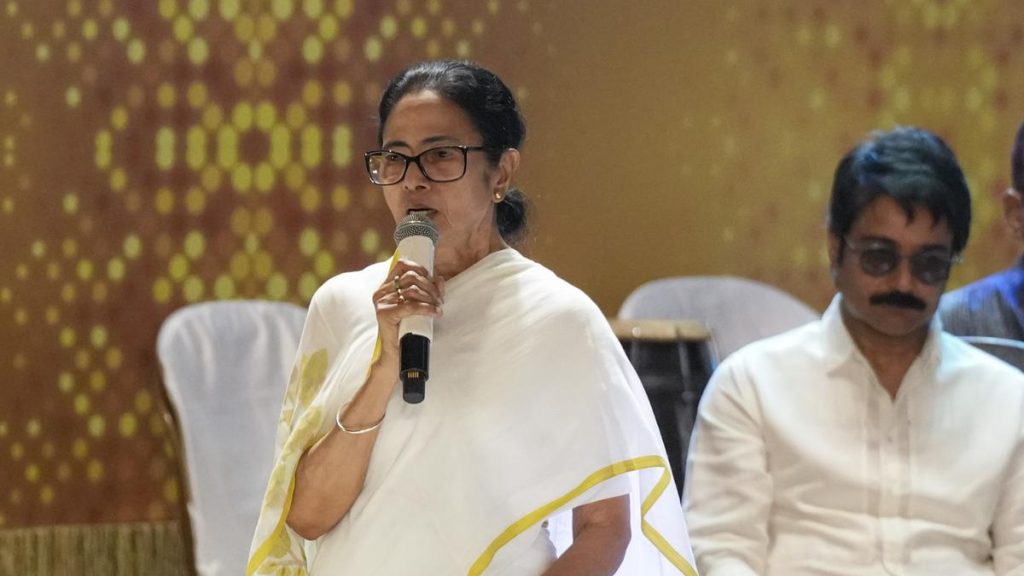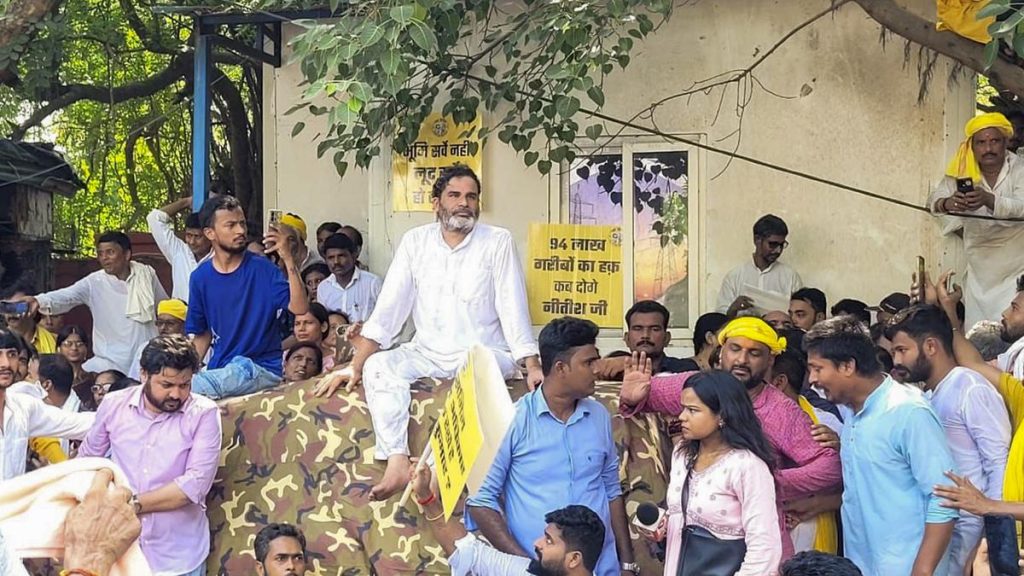Now Reading: Farmers, Small Businesses Await Promised Energy Upgrade Funds
-
01
Farmers, Small Businesses Await Promised Energy Upgrade Funds
Farmers, Small Businesses Await Promised Energy Upgrade Funds

Rapid Summary
- the Trump governance has frozen funding from the Inflation Reduction Act’s (IRA) Rural Energy for America Program (REAP), affecting U.S. farmers and rural businesses.
- REAP, created in 2008 and boosted under President Biden’s IRA, offers grants and loans to small-business owners and agricultural producers for clean energy projects like solar arrays or energy-efficient farming equipment.
- By November 2024, $1 billion was awarded across nearly 7,000 REAP projects aimed at decreasing upfront costs for renewable energy adoption.
- Farmers like Joshua Snedden (Illinois) and Jon & Brittany Klimstra (North Carolina), who relied on these funds after starting clean-energy projects, now face financial strain as the funding freeze delays reimbursements.
- Critics emphasize that these grants reduce electricity costs for rural communities, reinvesting savings back into local economies. For example:
– Snedden anticipates saving $3,200 annually from his solar project but awaits vital reimbursement of about $19,784.
– The Klimstras expected yearly savings of $1,300 on utility bills but now face uncertainties after significant personal outlays toward their stalled project tied to a grant worth $12,590.
– Jim Lively (michigan) planned rooftop solar to offset growing electric bills (~$2K/month) but cannot proceed without promised federal funding ($39K).
- Across Appalachia and other areas with elevated electricity rates over recent decades, REAP-funded initiatives have supported schools, libraries, grocery stores combating food deserts-and even eased transitions away from coal dependency through cost-effective renewable solutions.
- Two federal judges ordered partial fund releases by USDA Secretary Brooke Rollins in February/March; however comprehensive dispersal of REAP funds remains unresolved despite escalating pushback from organizations like Earthjustice.
Indian Opinion Analysis
The suspension of REAP funding underlines key challenges faced by both policymakers aiming to balance fiscal oversight with environmental priorities and impacted stakeholders awaiting reliable government support for sustainability-driven investments. While fiscal obligation is critical-especially concerning taxpayer resources-the sudden freeze undermines trust in publicly funded programs meant to combat climate challenges while addressing rural economic struggles.
For India’s outlook as an emerging leader on renewable energy investments serving vast agrarian demographics alongside startup ecosystems innovating autonomous scalable deployment models requires vigilance avoiding bottleneck situations comparable federally landscaped receivance delayed dynamics
Read More
























